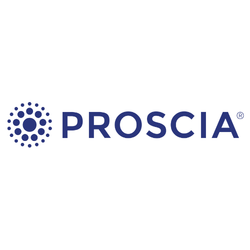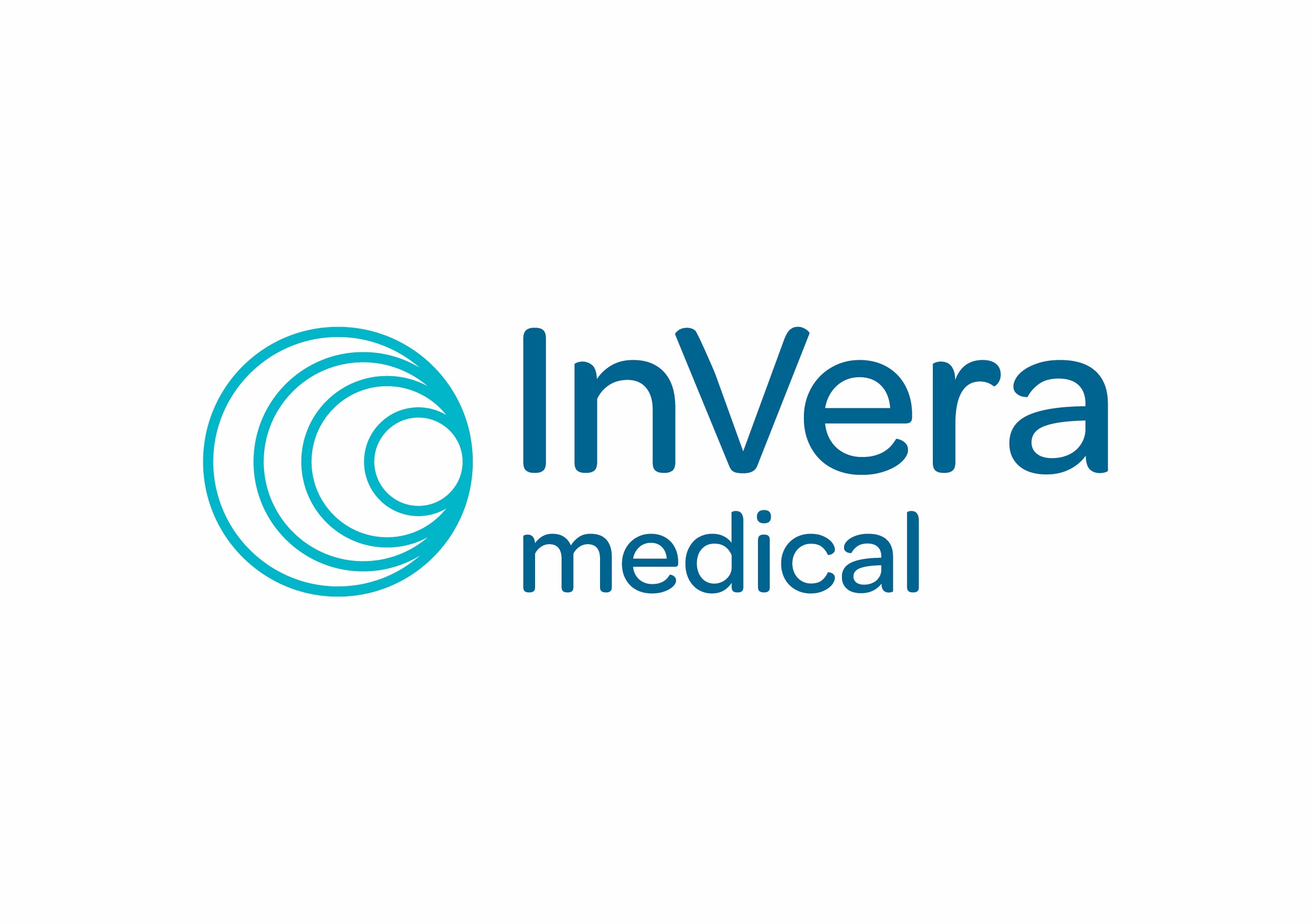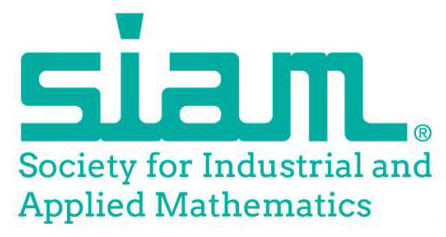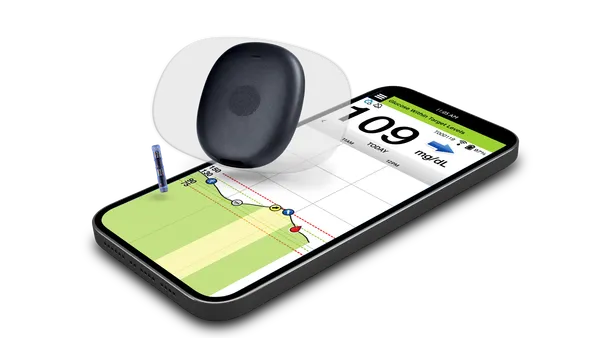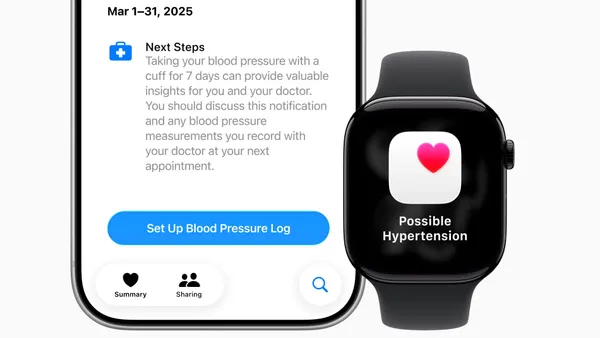Dive Brief:
- Oxipit, a Lithuania-based computer software startup that specializes in medical imaging, said it received a CE mark for a platform that uses artificial intelligence to generate preliminary radiology reports. The certification enables Oxipit to sell the program in 32 European countries.
- The software, called ChestEye, works by locating similar-looking chest X-rays in a database that supports the 75 most common cases presented to radiologists. The platform then provides analysis and preliminary reports on the findings.
- The computer-aided diagnosis prioritizes cases for urgent specialist attention. The system is intended to help reduce the radiologist’s workload, improve time to treatment for the patient, and decrease error rates, the company said.
Dive Insight:
Artificial intelligence has the potential to take the massive amounts of data produced by hospitals and, using complex analysis algorithms, produce information that can improve the accuracy and speed of medical diagnoses and patient treatment. The AI-based medical imaging market is projected to reach $2 billion by 2023 by one estimate.
Siemens Healthineers predicts AI will fundamentally transform diagnostic imaging in the next five to 10 years by helping radiologists meet the rising demand for imaging exams, proven diagnostic errors and increase productivity.
Hospitals store hundreds of millions of digital images, yet more than 97% of the data goes unanalyzed or unused, according to GE Healthcare, which has partnered with Intel on a digital development lab for healthcare imaging technology. GE has developed an X-ray analytics application that focuses on reducing poor-quality images to save time and resources in the radiology department.
Oxipit’s software is focused on the chest X-ray, which remains one of the most commonly performed radiological exams. The system generates a standardized preliminary text report containing analysis of the patient’s X-ray for the physician who ordered the exam.
The company is betting the system can help specialists detect hard-to-catch pathologies and act as a second opinion. A search function locates retrospective cases with similar radiological characteristics. The network can assess the pathology, its location, severity and other features.
The system also can arrange scan results to prioritize unhealthy patients needing urgent attention. Time-sensitive conditions such as pericardial effusion, pneumothorax, and catheter or intubation malposition, Oxipit said.
ChestEye covers more than 90% of cases typically presented to radiologists on a daily basis, the company said.





